Leopard geckos are a popular pet reptile, known for their variety of patterns and colors. They're relatively easy care pet. However, being a smart leopard gecko parent requires more than just providing the basic necessities of food, water, and shelter. In this blog, we will explore the top 5 secrets that smart leopard gecko parents do that many people don't know about.
Are you a good gecko parent? Let's take a look!
1. Providing a varied diet: Leopard geckos are insectivores, and their diet should consist mainly of crickets, mealworms, and other insects. These diets are essential for their health and well-being. Smart leopard gecko parents provide a range of insects, such as dubia roaches, waxworms, and superworms, as well as occasional treats to provide a variety of nutritions.
2. Providing a calcium supplement: Leopard geckos are crepuscular, meaning they are most active at dawn and dusk. They will mostly have less exposure to UVB lighting to metabolize calcium and maintain healthy bones. So, smart leopard gecko parents always dust calcium supplement with feeders together to prevent from MBD (Metabolic Bone Disease).
3. Creating a proper enclosure: Leopard geckos are desert dwellers, so they need a warm, dry environment to thrive. Smart leopard gecko parents provide an enclosure with a temperature gradient that ranges from 88-90°F on the warm end to 75-80°F on the cool end. They also use a substrate or premium liners that's beneficial for the gecko's environment, also multiple hiding spots and climbing opportunities could help even better.
4. Monitoring for health issues: Leopard geckos can develop health issues, such as metabolic bone disease or respiratory infections, if their care is not adequate. Smart leopard gecko parents monitor their geckos for any signs of illness, such as lethargy, loss of appetite, or abnormal behavior. They also provide regular veterinary checkups and follow any recommended treatments or medications.
5: Give them space and privacy: Leopard geckos are solitary animals and prefer to have their own space. To prevent fighting between leopard geckos, it is highly recommended to keep only one gecko per tank. This will help ensure that each gecko has enough space and resources to thrive, and prevent any territorial disputes or aggression that may arise when multiple geckos are housed together.
In conclusion, being a smart leopard gecko parent requires attention to detail and a commitment to providing the best possible care. By providing a varied diet, providing calcium, creating a proper enclosure, handling with care, and monitoring for health issues, you can ensure your leopard gecko lives a long, healthy, and happy life.
Are you a good gecko parent? Let's take a look!
1. Providing a varied diet: Leopard geckos are insectivores, and their diet should consist mainly of crickets, mealworms, and other insects. These diets are essential for their health and well-being. Smart leopard gecko parents provide a range of insects, such as dubia roaches, waxworms, and superworms, as well as occasional treats to provide a variety of nutritions.
2. Providing a calcium supplement: Leopard geckos are crepuscular, meaning they are most active at dawn and dusk. They will mostly have less exposure to UVB lighting to metabolize calcium and maintain healthy bones. So, smart leopard gecko parents always dust calcium supplement with feeders together to prevent from MBD (Metabolic Bone Disease).
3. Creating a proper enclosure: Leopard geckos are desert dwellers, so they need a warm, dry environment to thrive. Smart leopard gecko parents provide an enclosure with a temperature gradient that ranges from 88-90°F on the warm end to 75-80°F on the cool end. They also use a substrate or premium liners that's beneficial for the gecko's environment, also multiple hiding spots and climbing opportunities could help even better.
4. Monitoring for health issues: Leopard geckos can develop health issues, such as metabolic bone disease or respiratory infections, if their care is not adequate. Smart leopard gecko parents monitor their geckos for any signs of illness, such as lethargy, loss of appetite, or abnormal behavior. They also provide regular veterinary checkups and follow any recommended treatments or medications.
5: Give them space and privacy: Leopard geckos are solitary animals and prefer to have their own space. To prevent fighting between leopard geckos, it is highly recommended to keep only one gecko per tank. This will help ensure that each gecko has enough space and resources to thrive, and prevent any territorial disputes or aggression that may arise when multiple geckos are housed together.
In conclusion, being a smart leopard gecko parent requires attention to detail and a commitment to providing the best possible care. By providing a varied diet, providing calcium, creating a proper enclosure, handling with care, and monitoring for health issues, you can ensure your leopard gecko lives a long, healthy, and happy life.






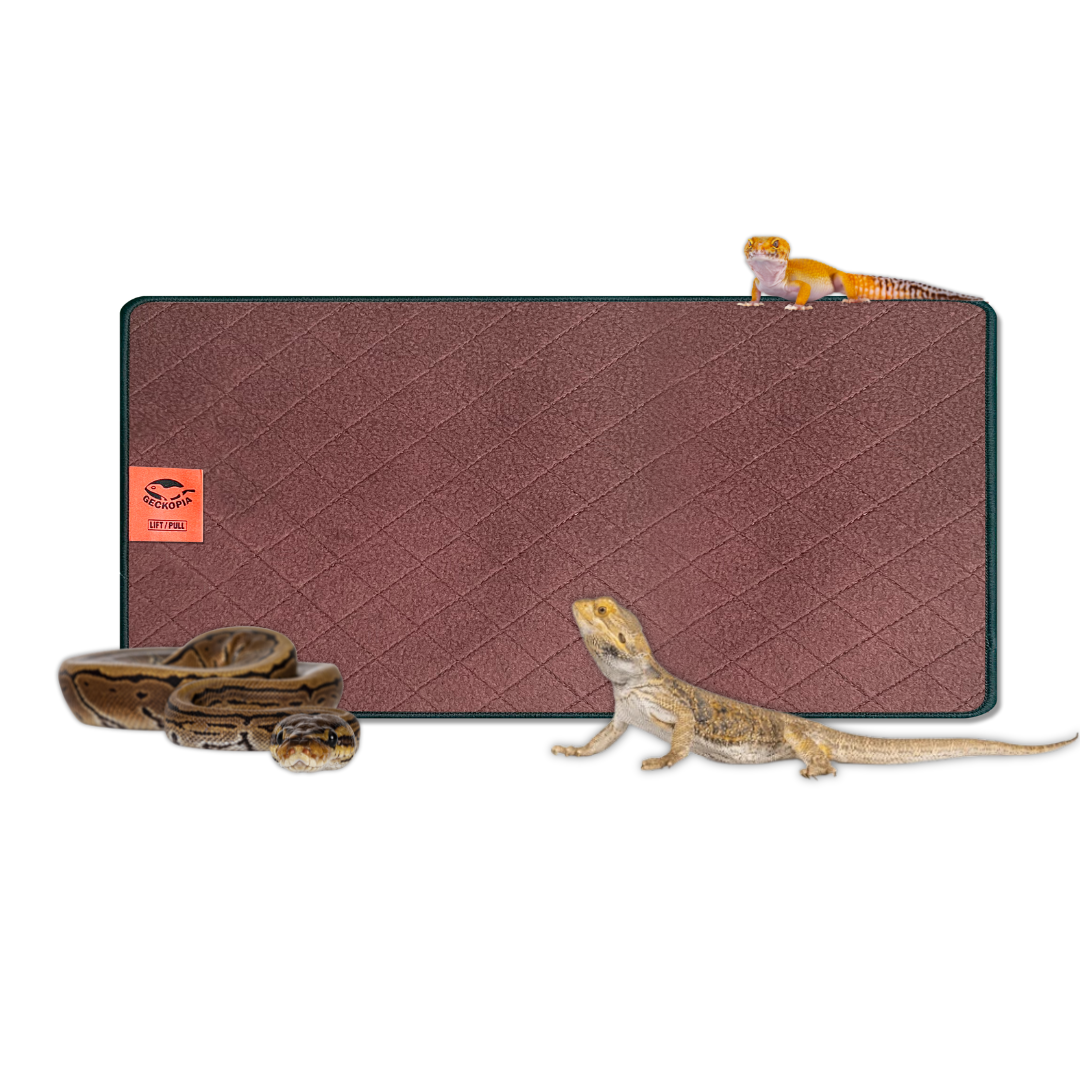
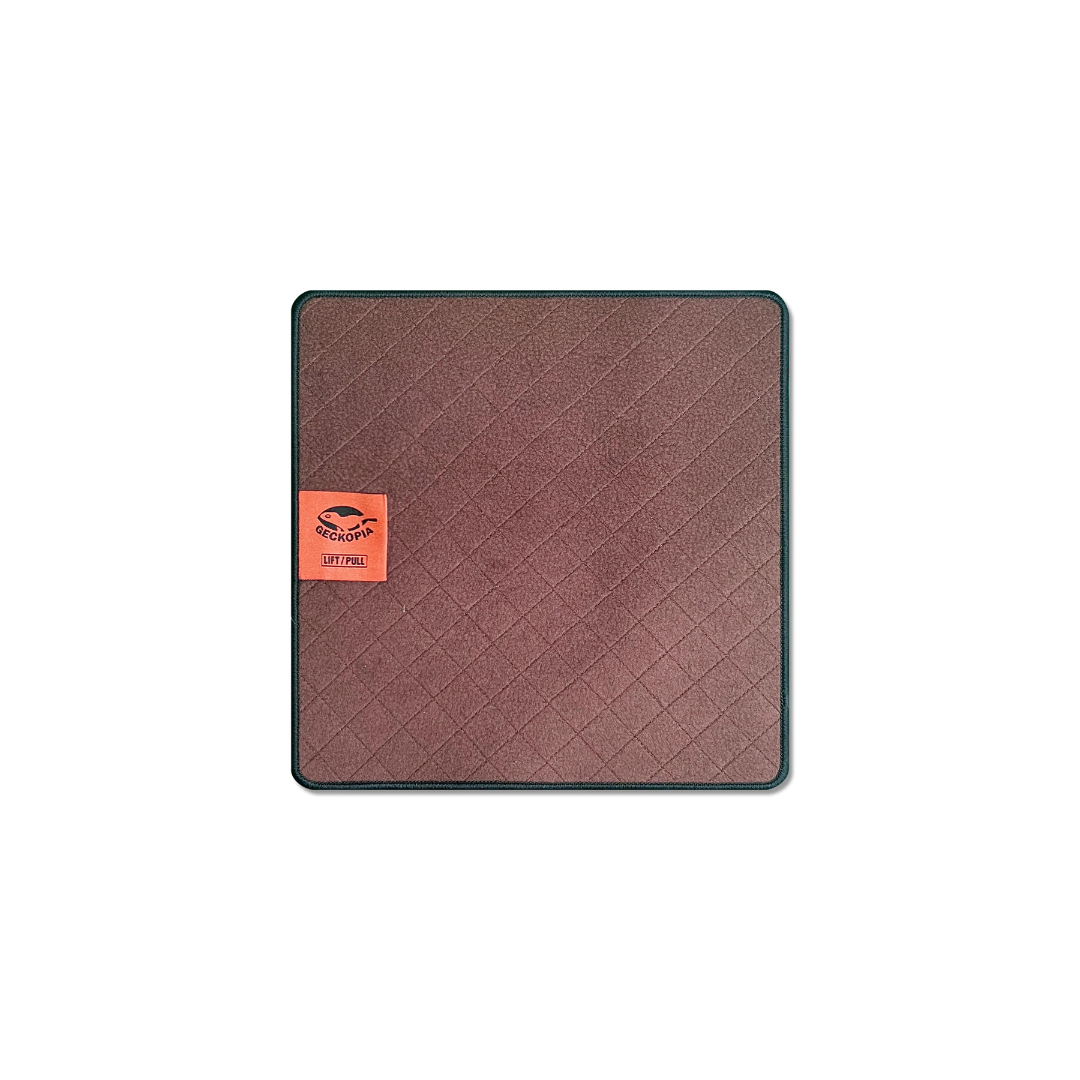


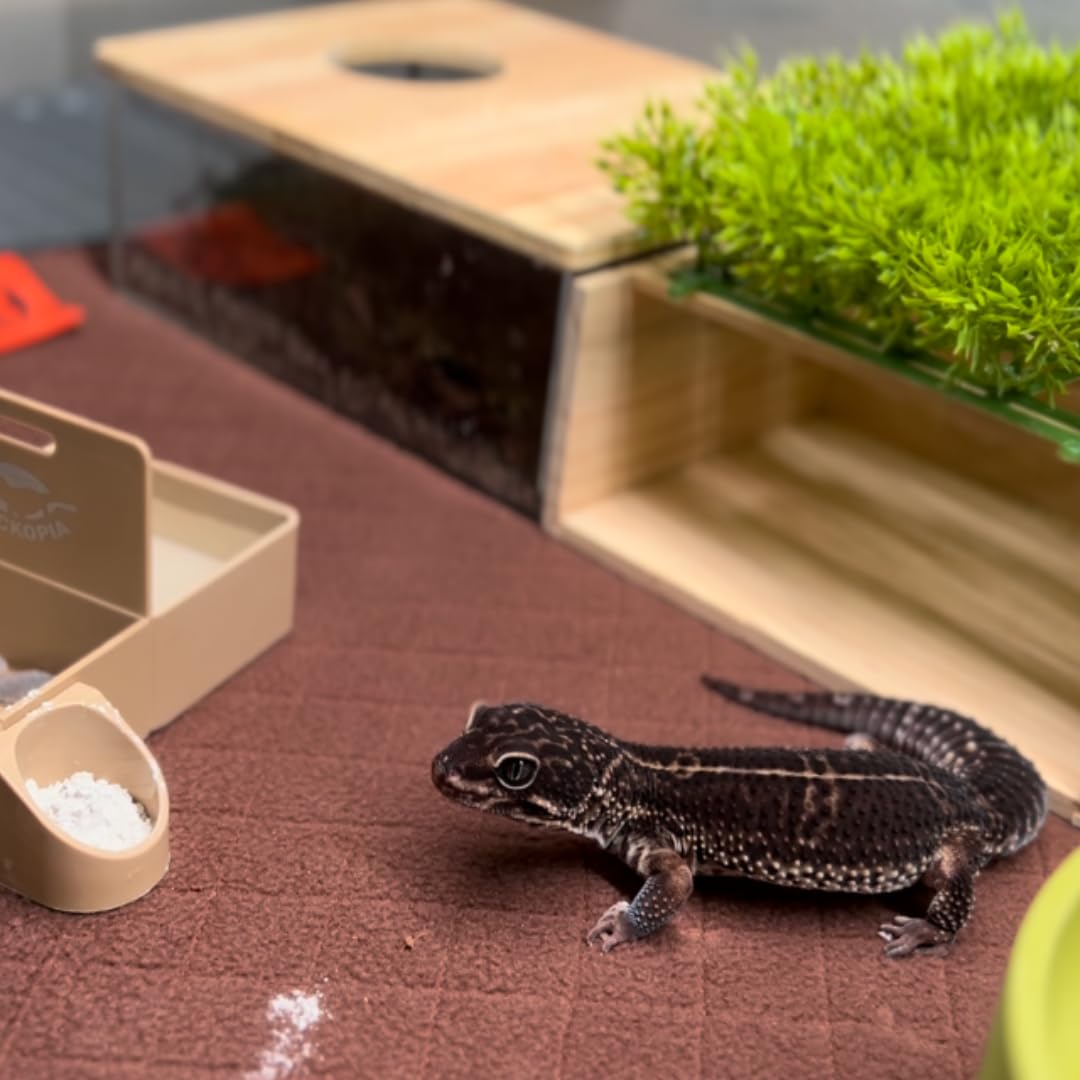

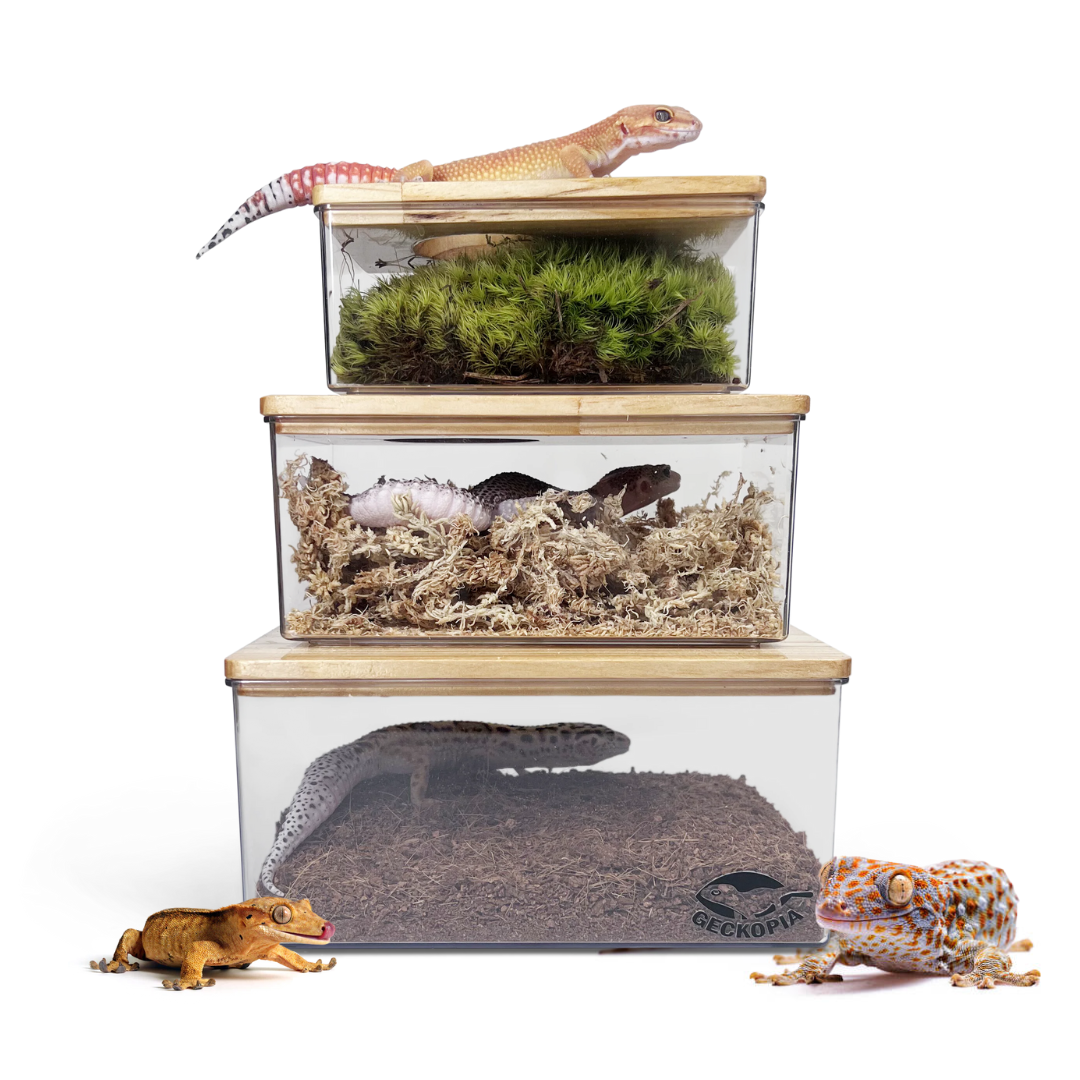
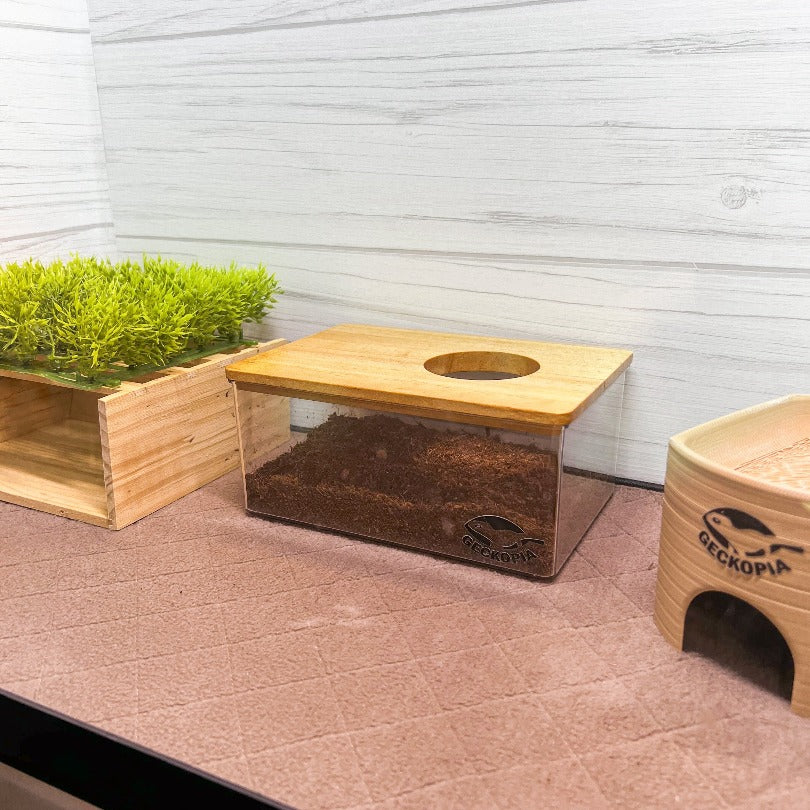
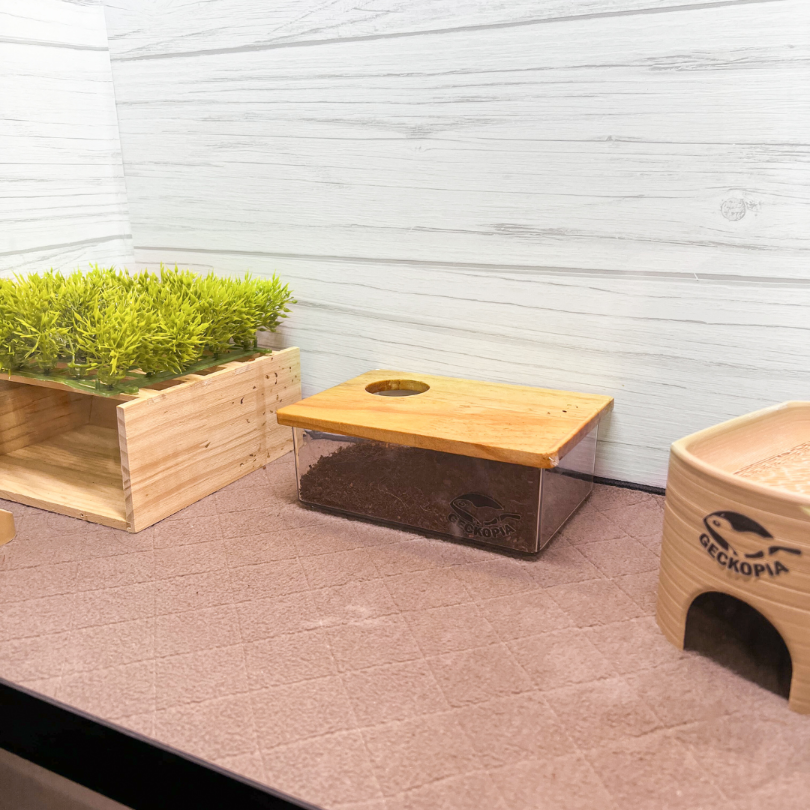
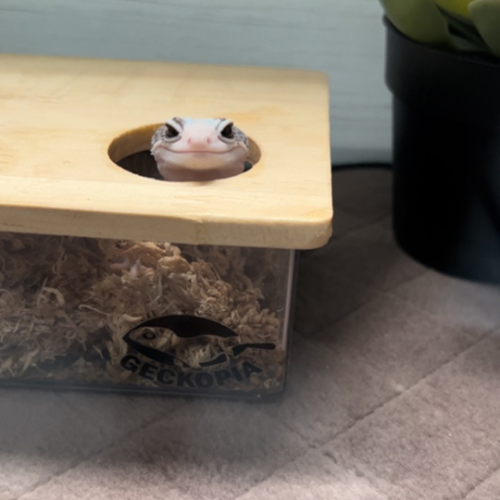






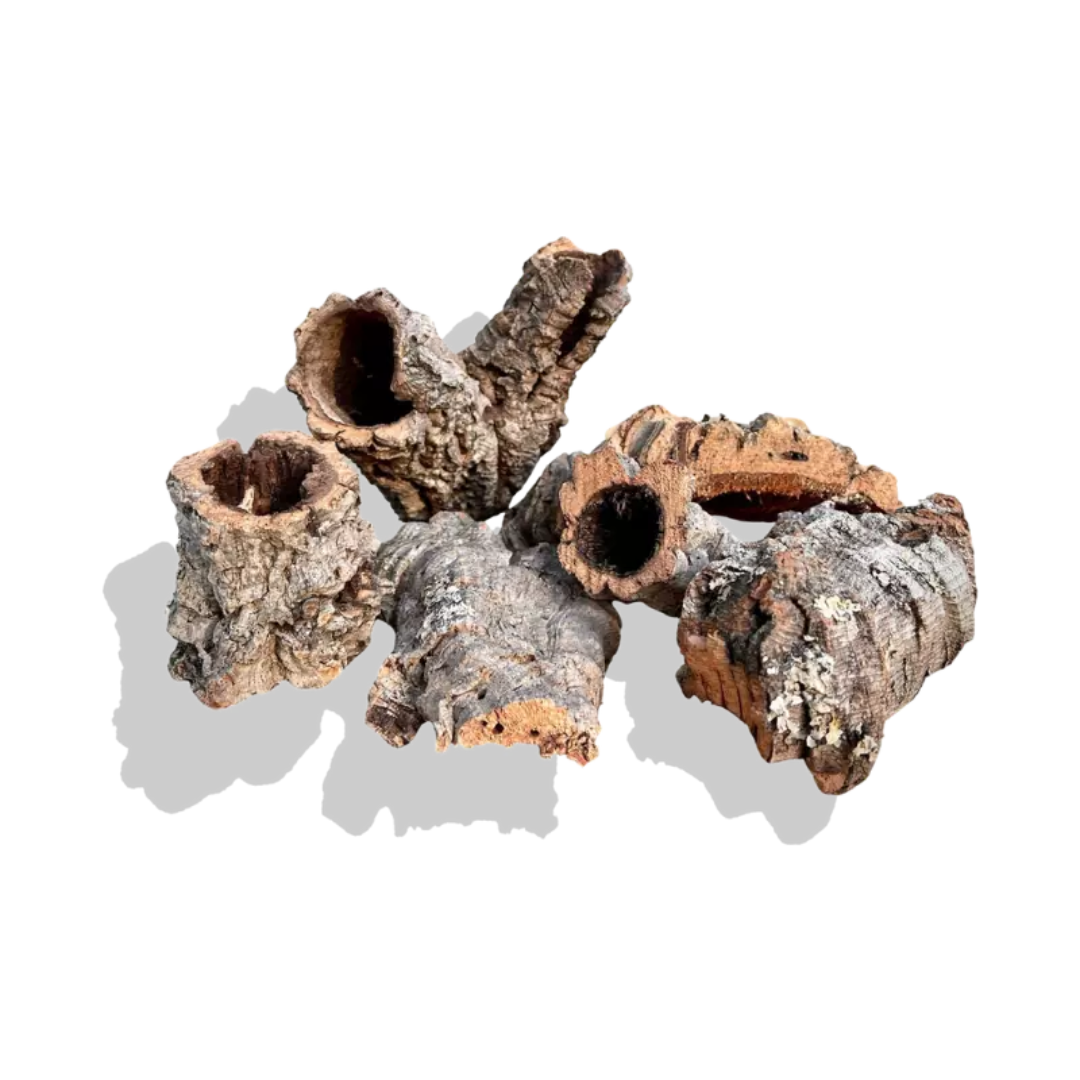




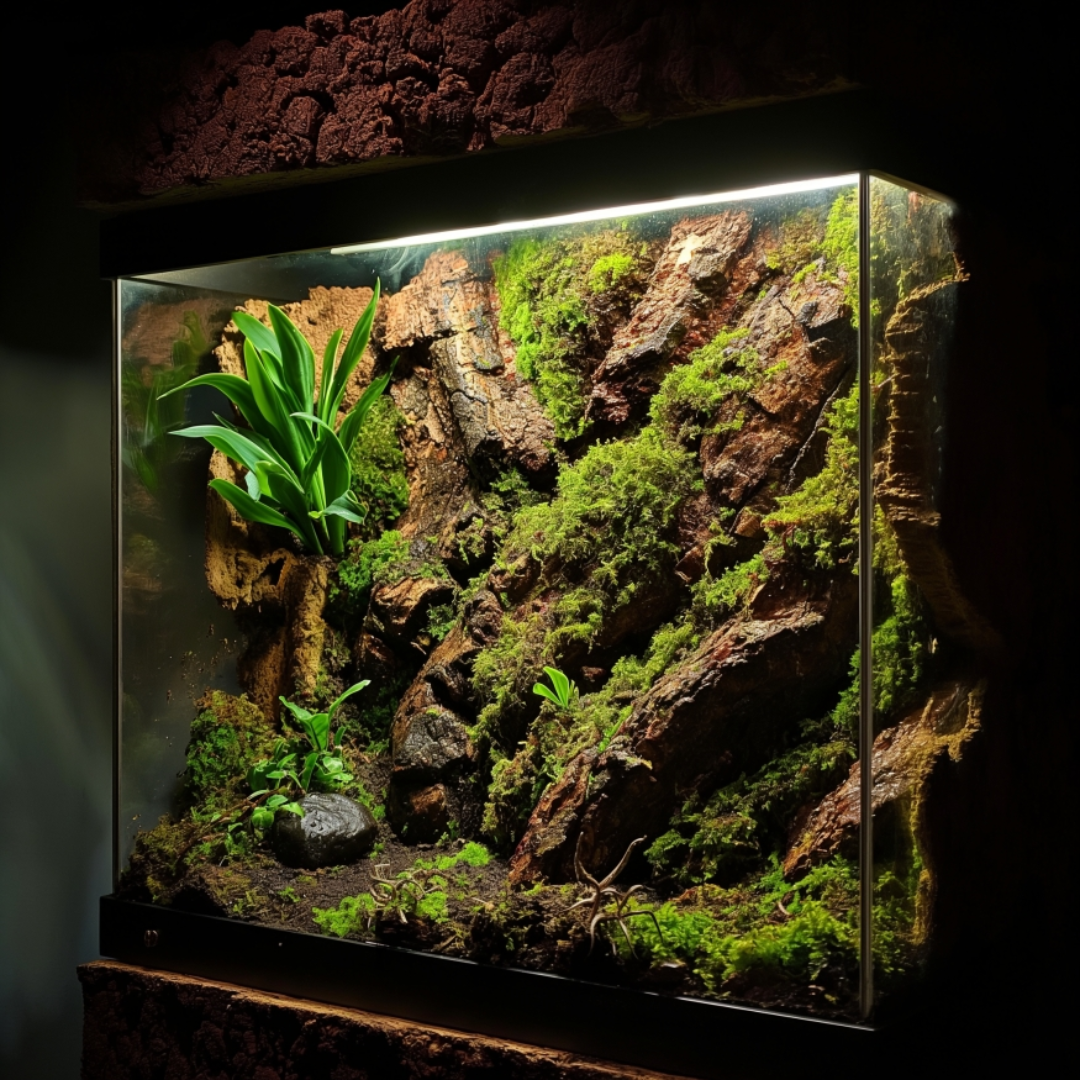

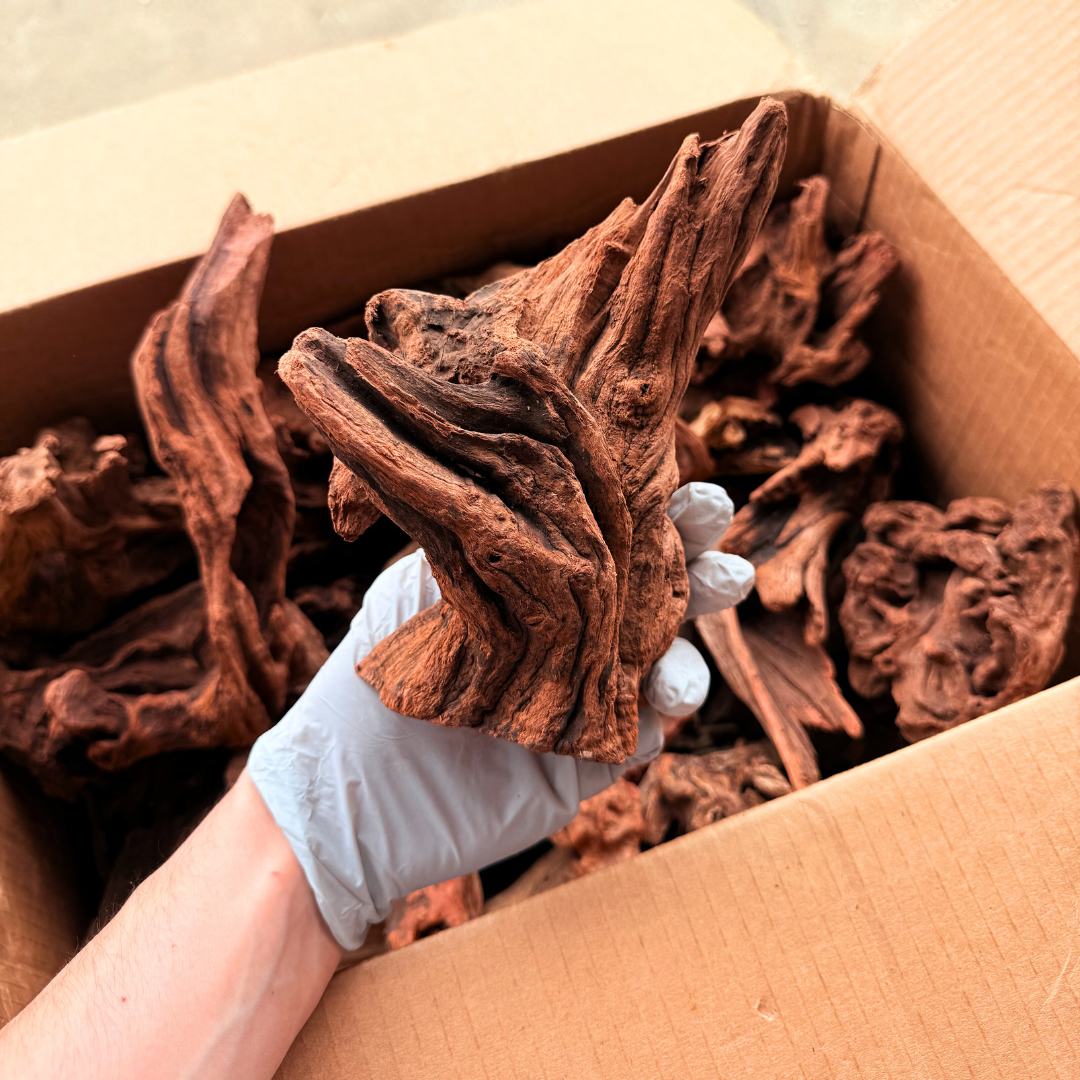






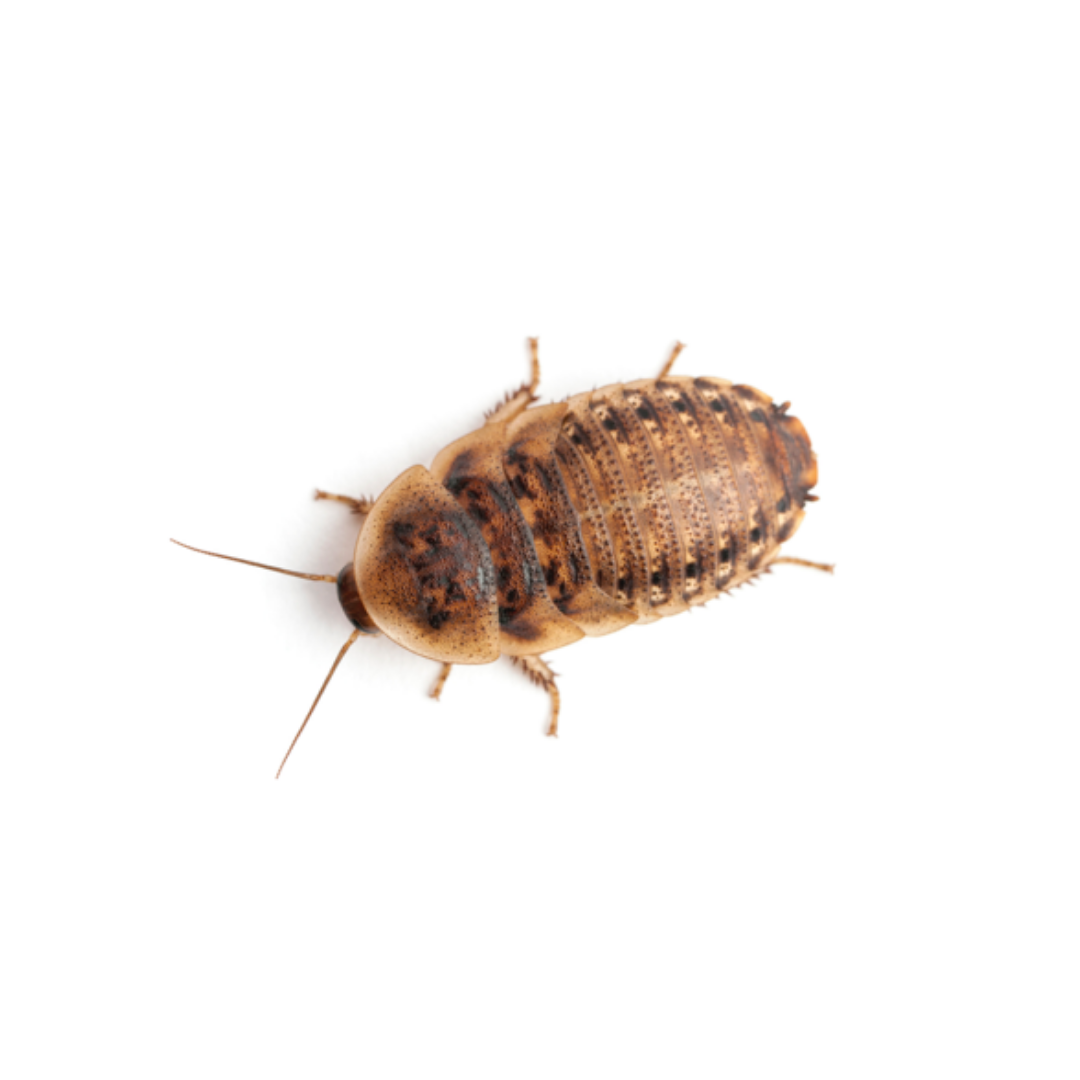



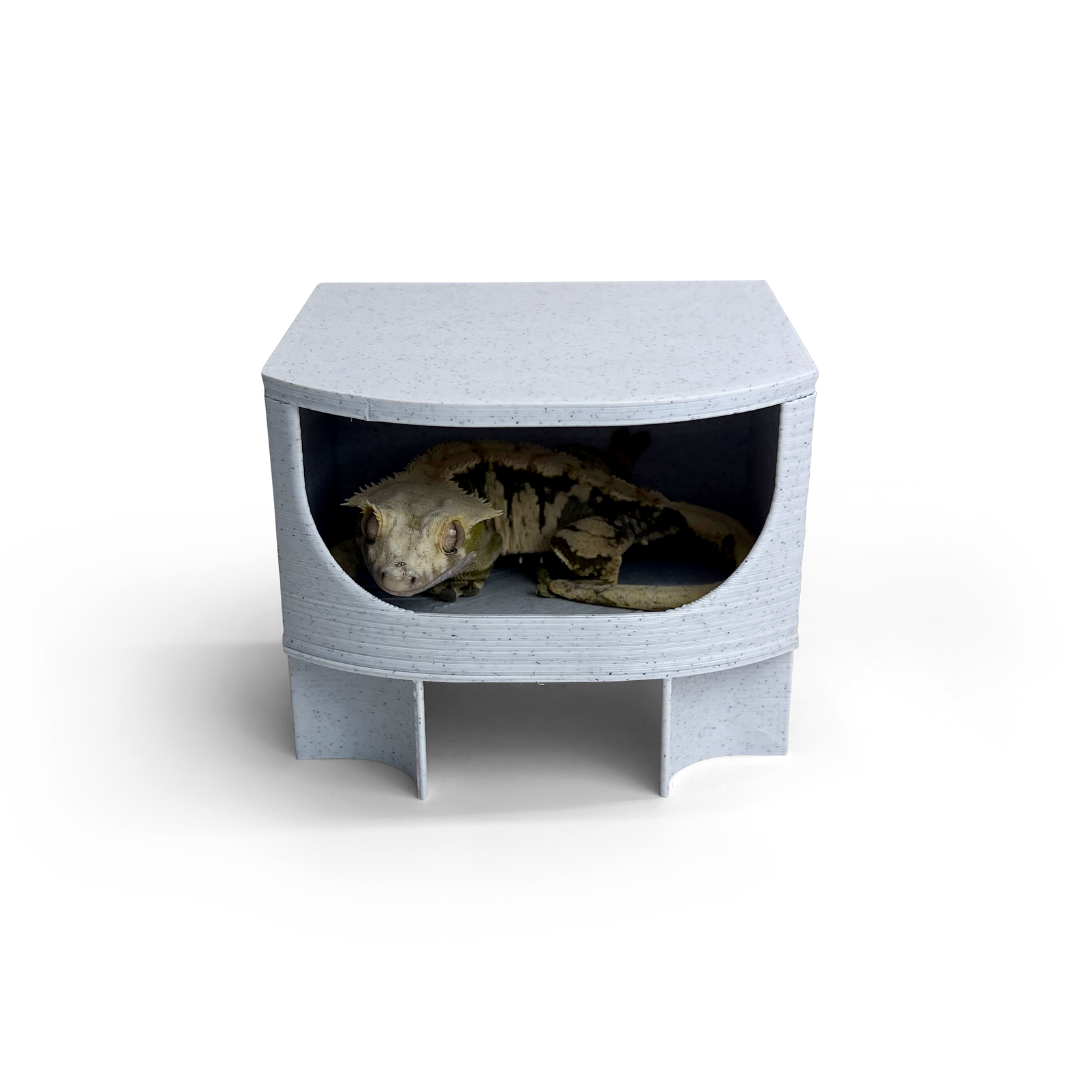
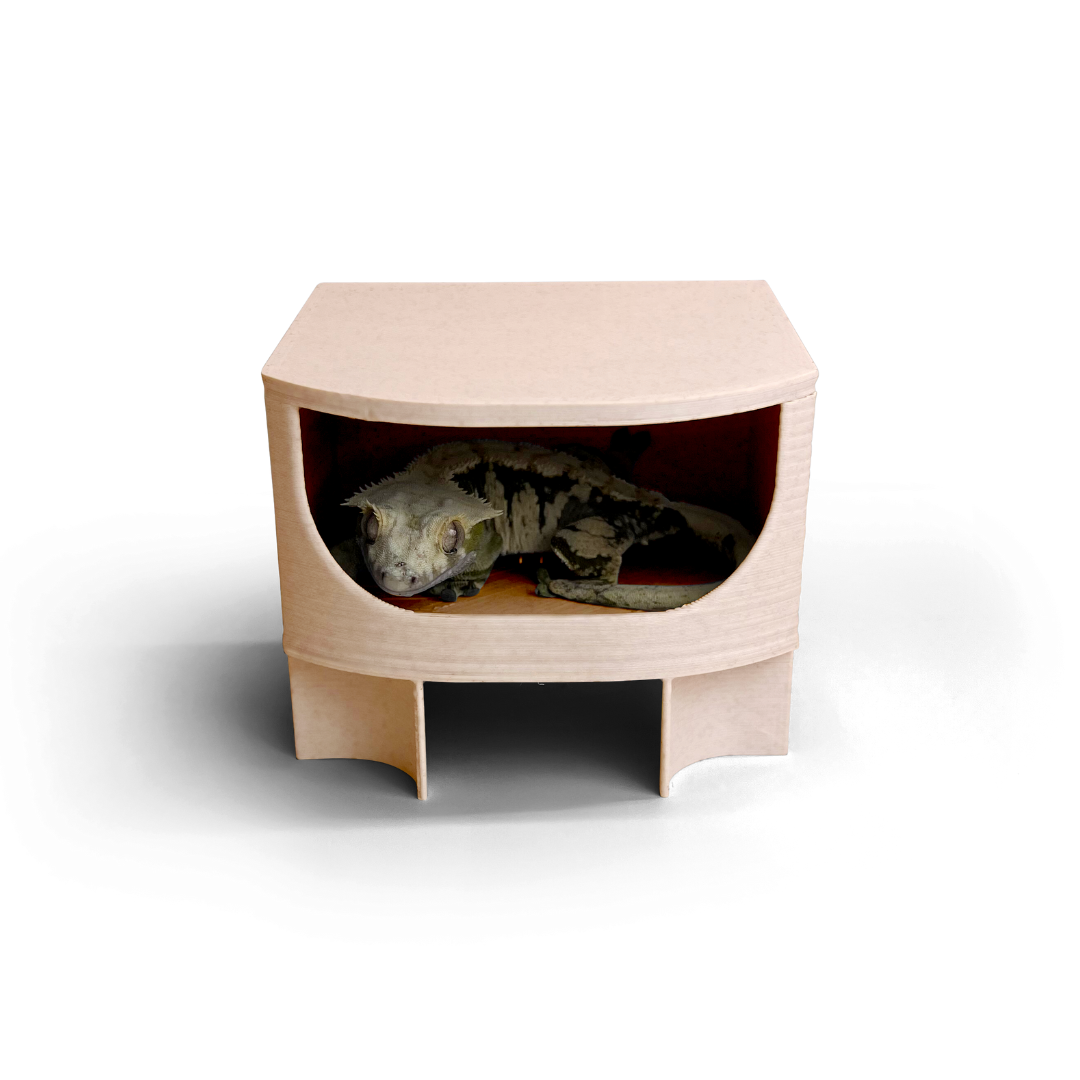
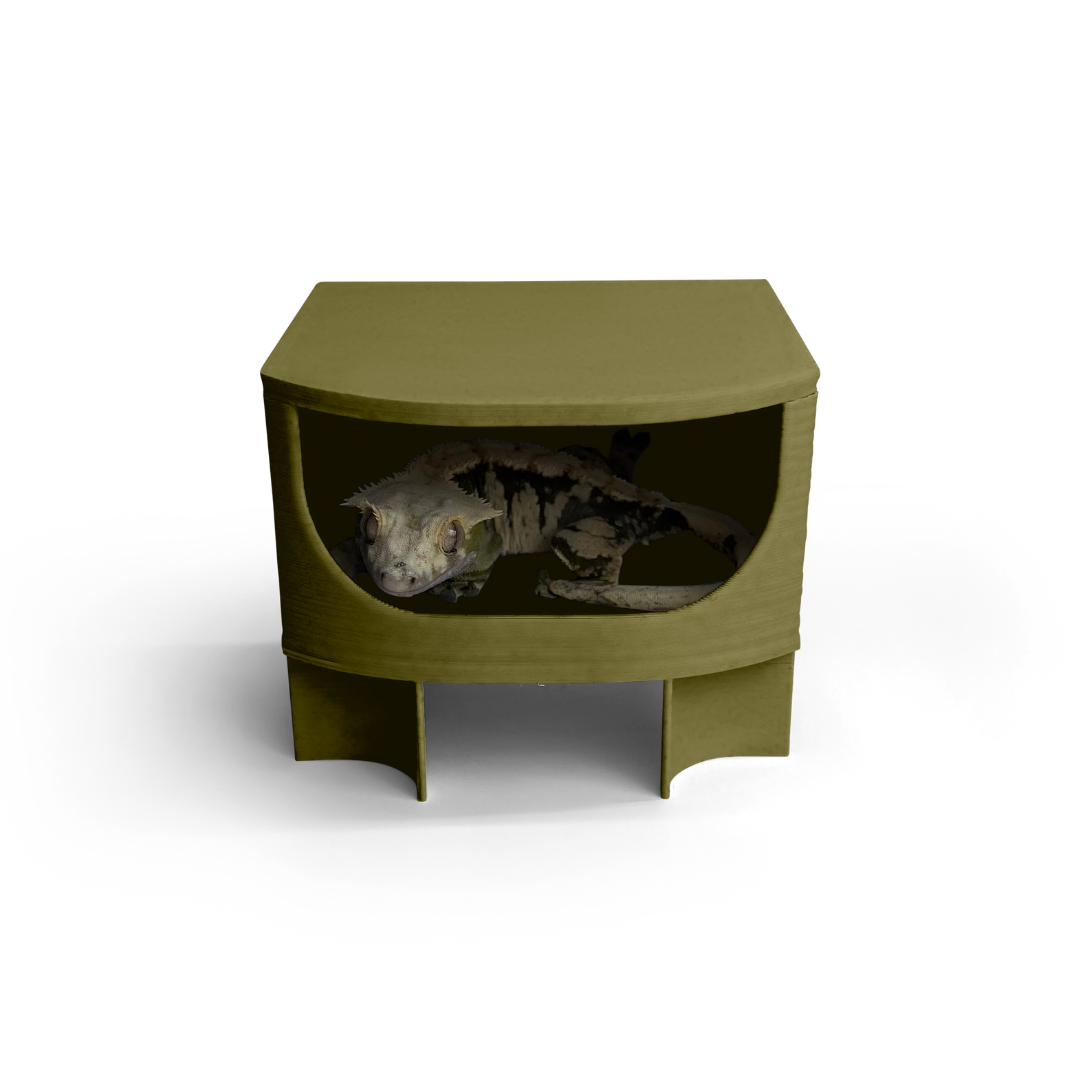
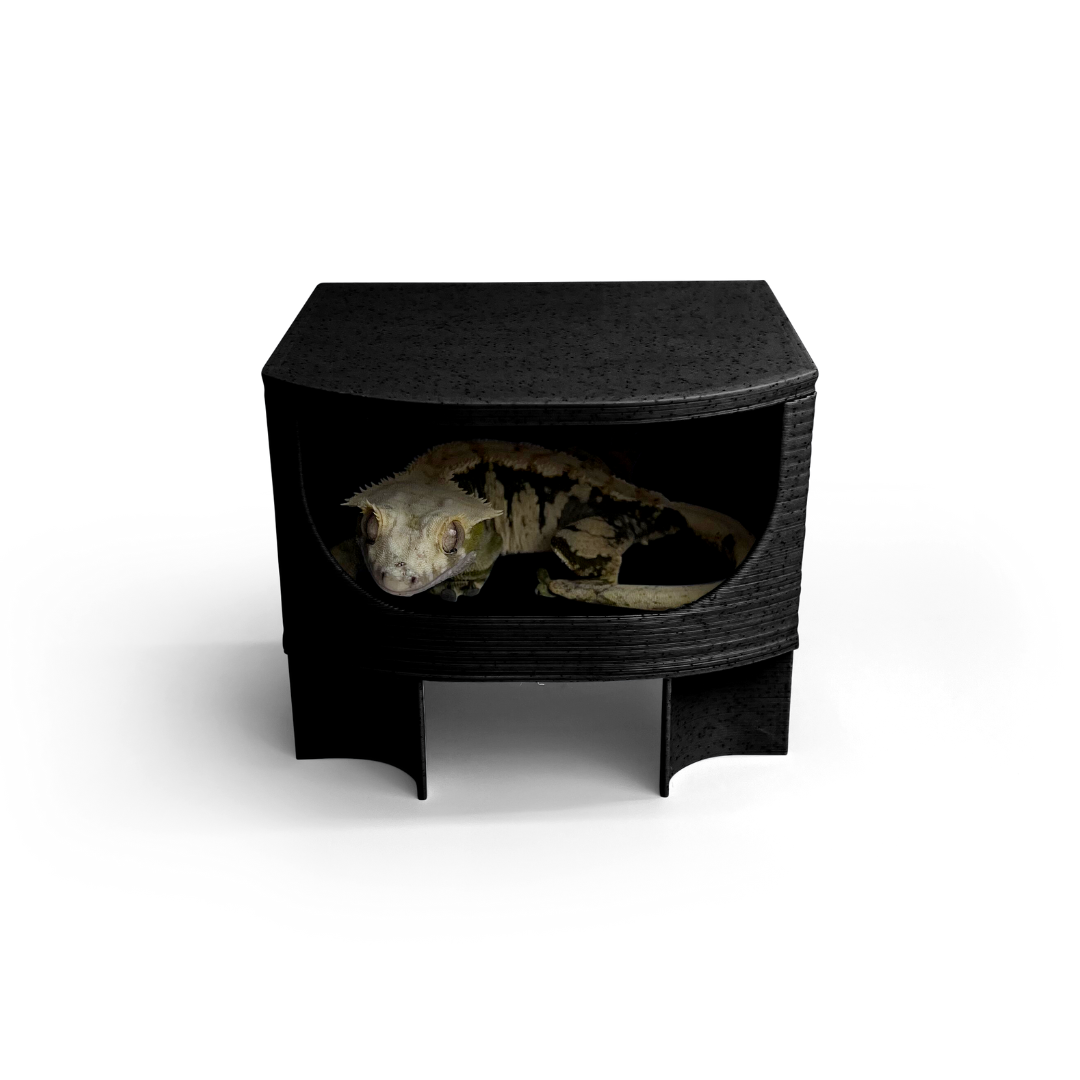
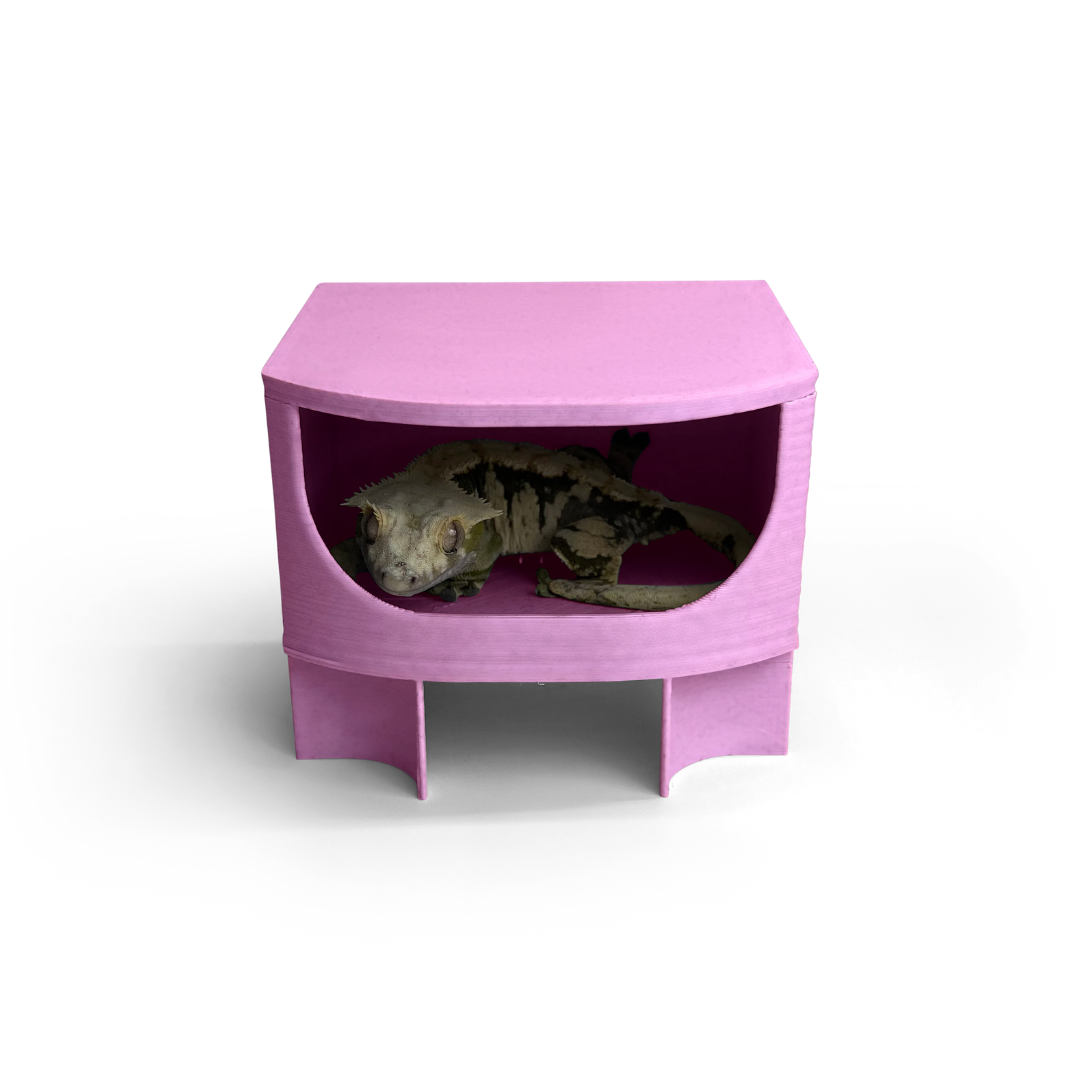
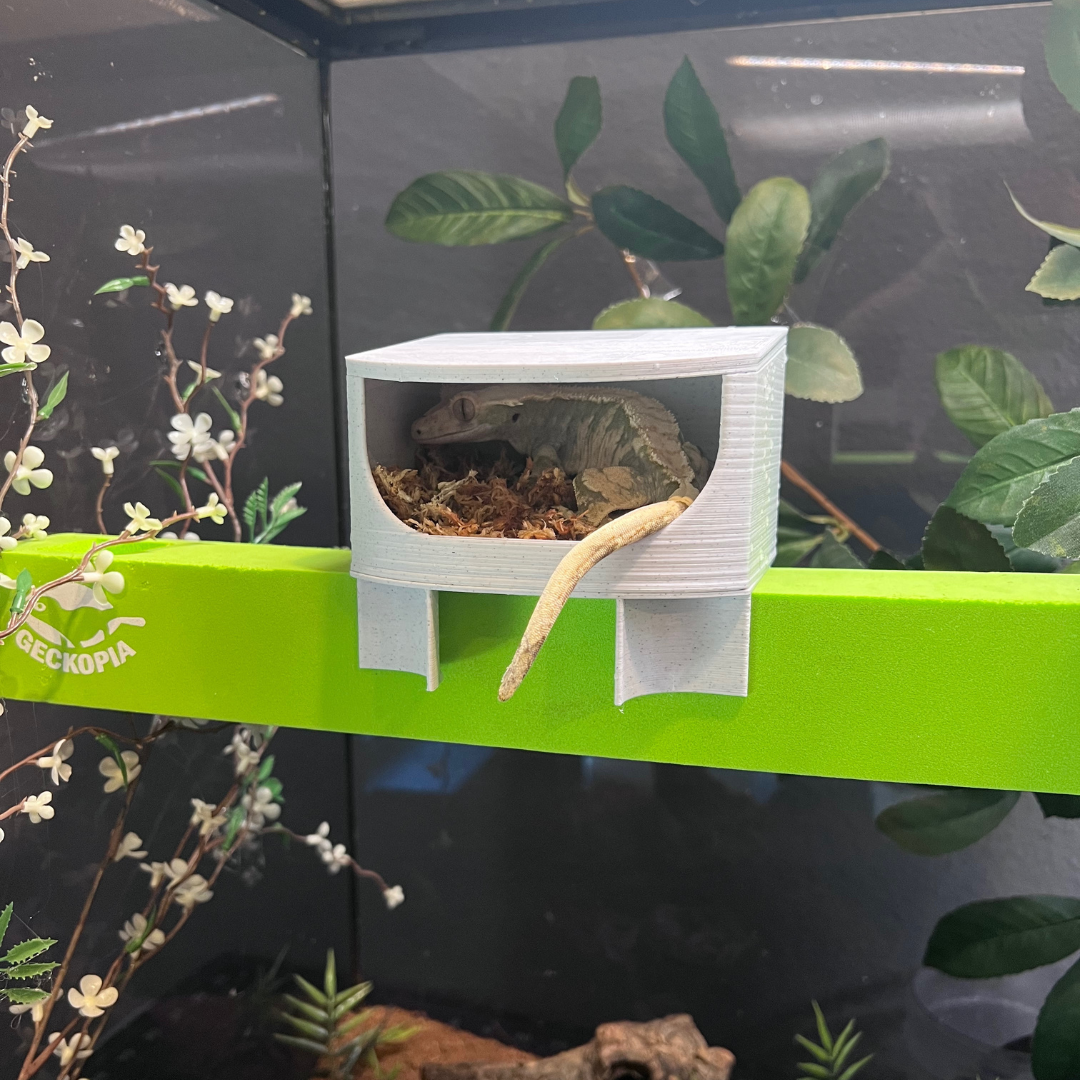

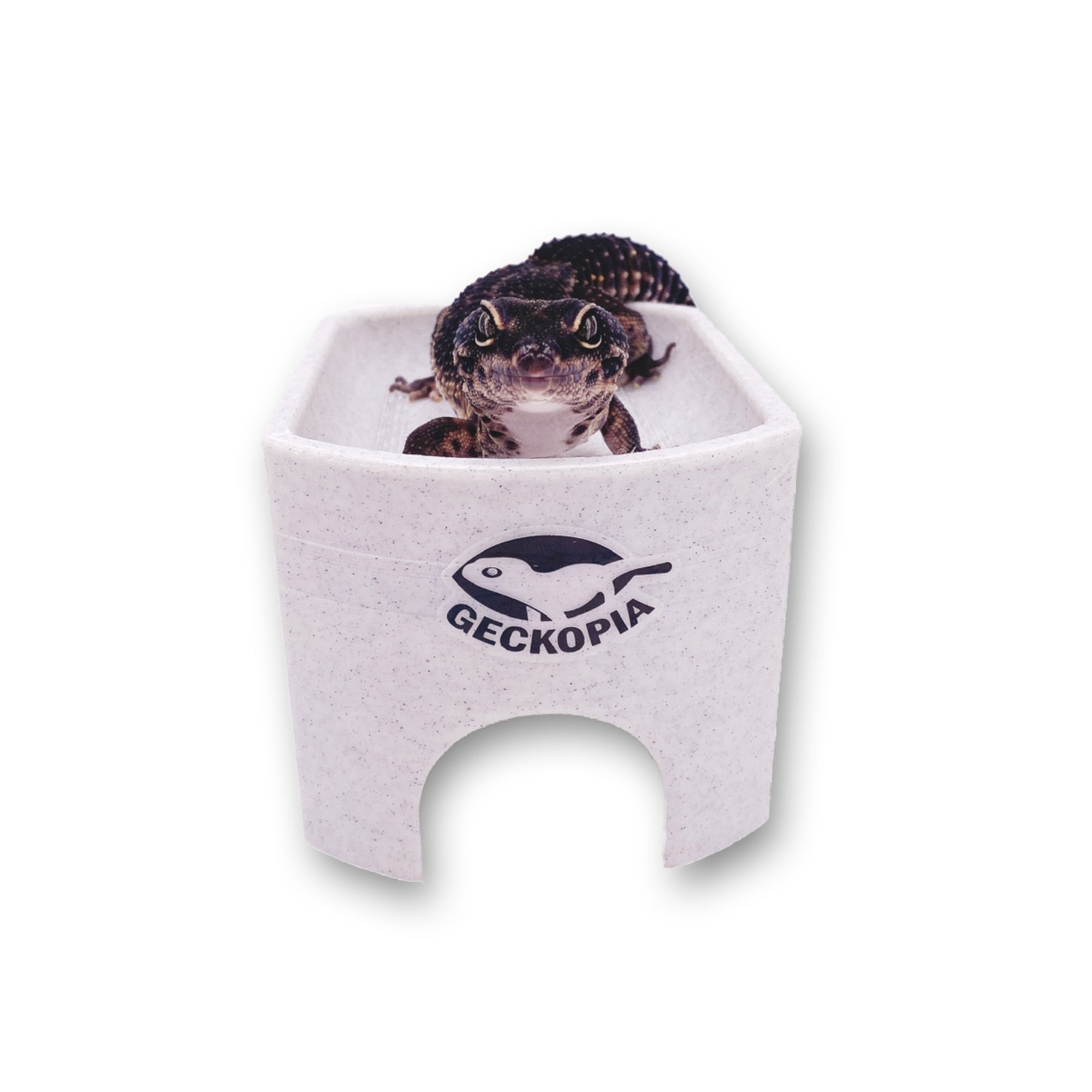
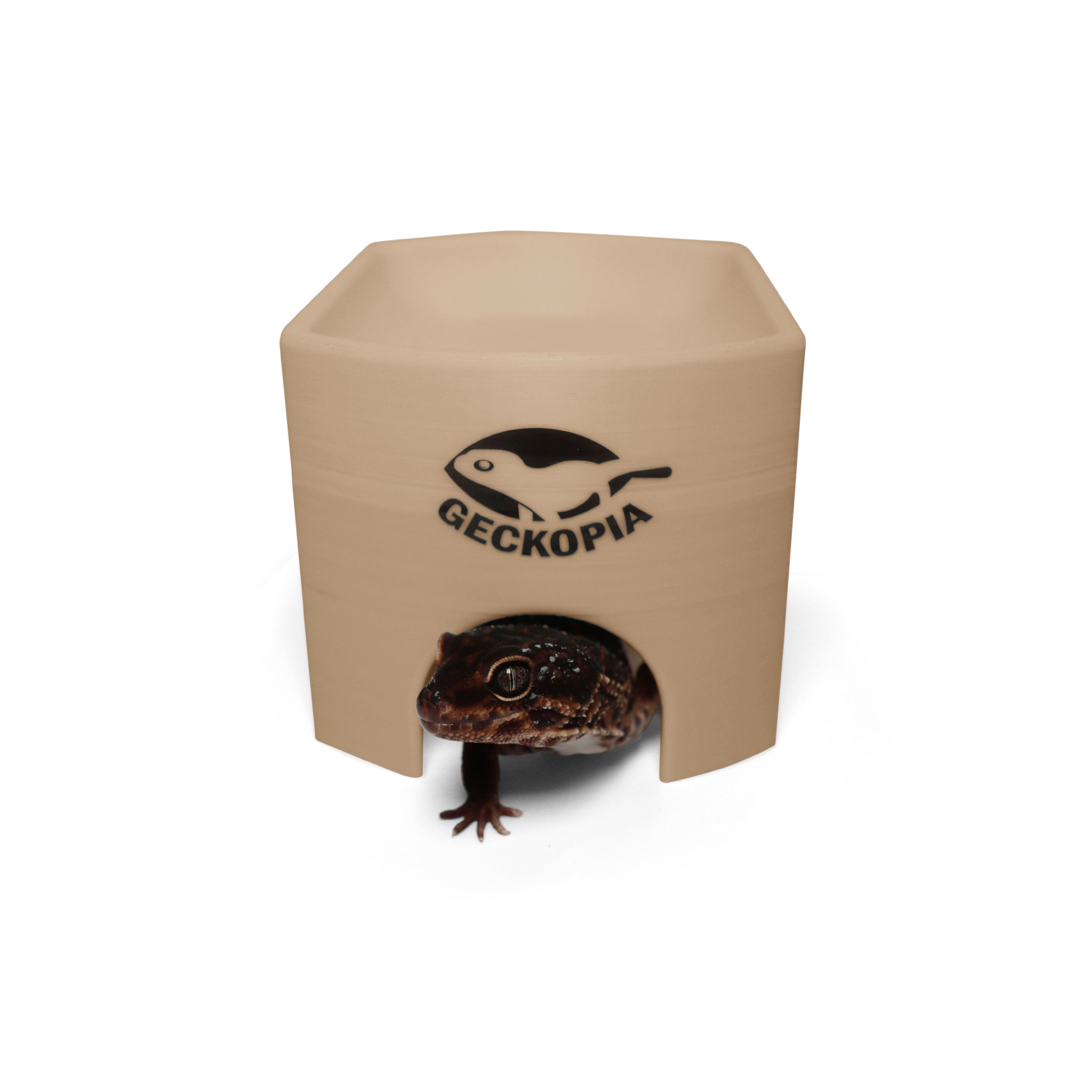
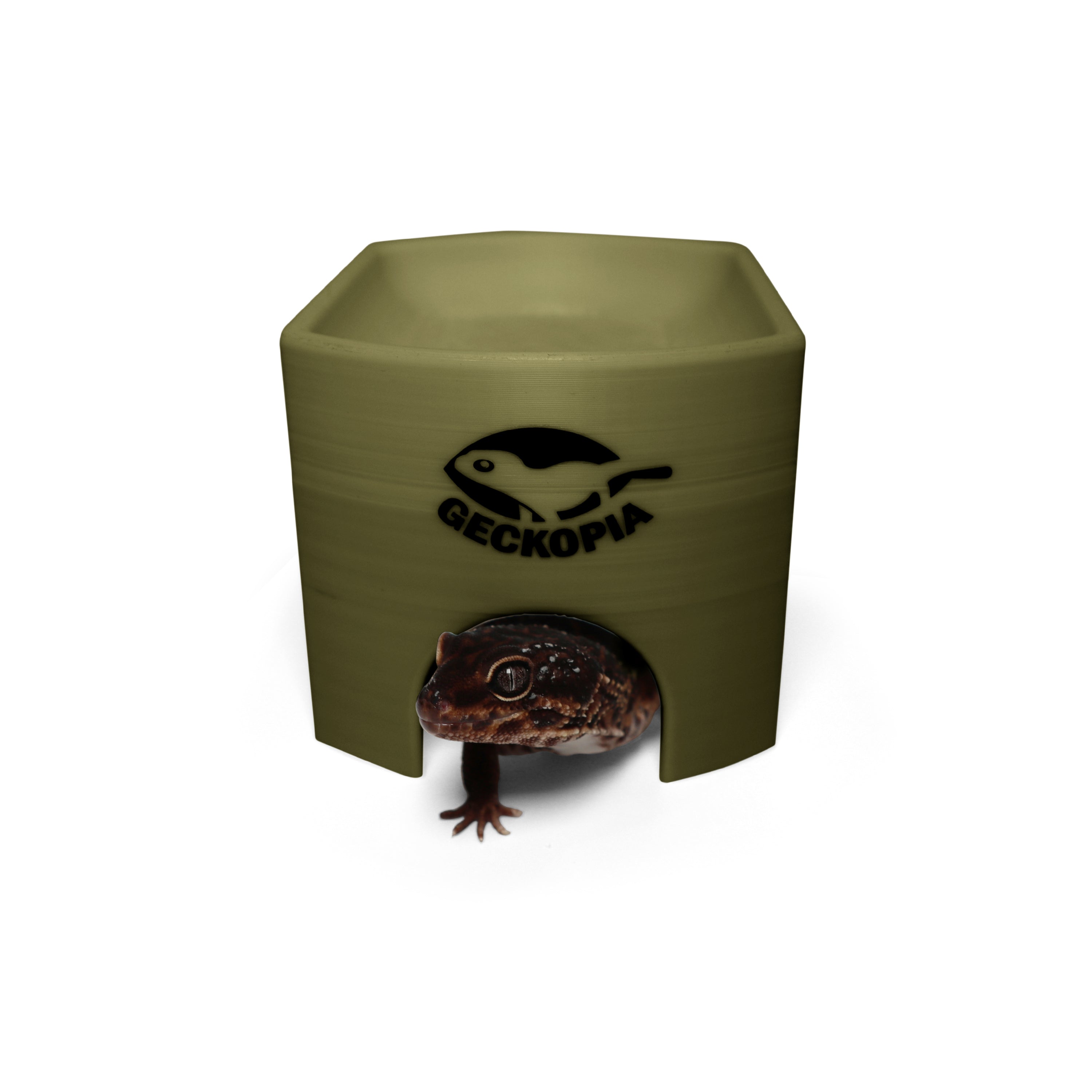

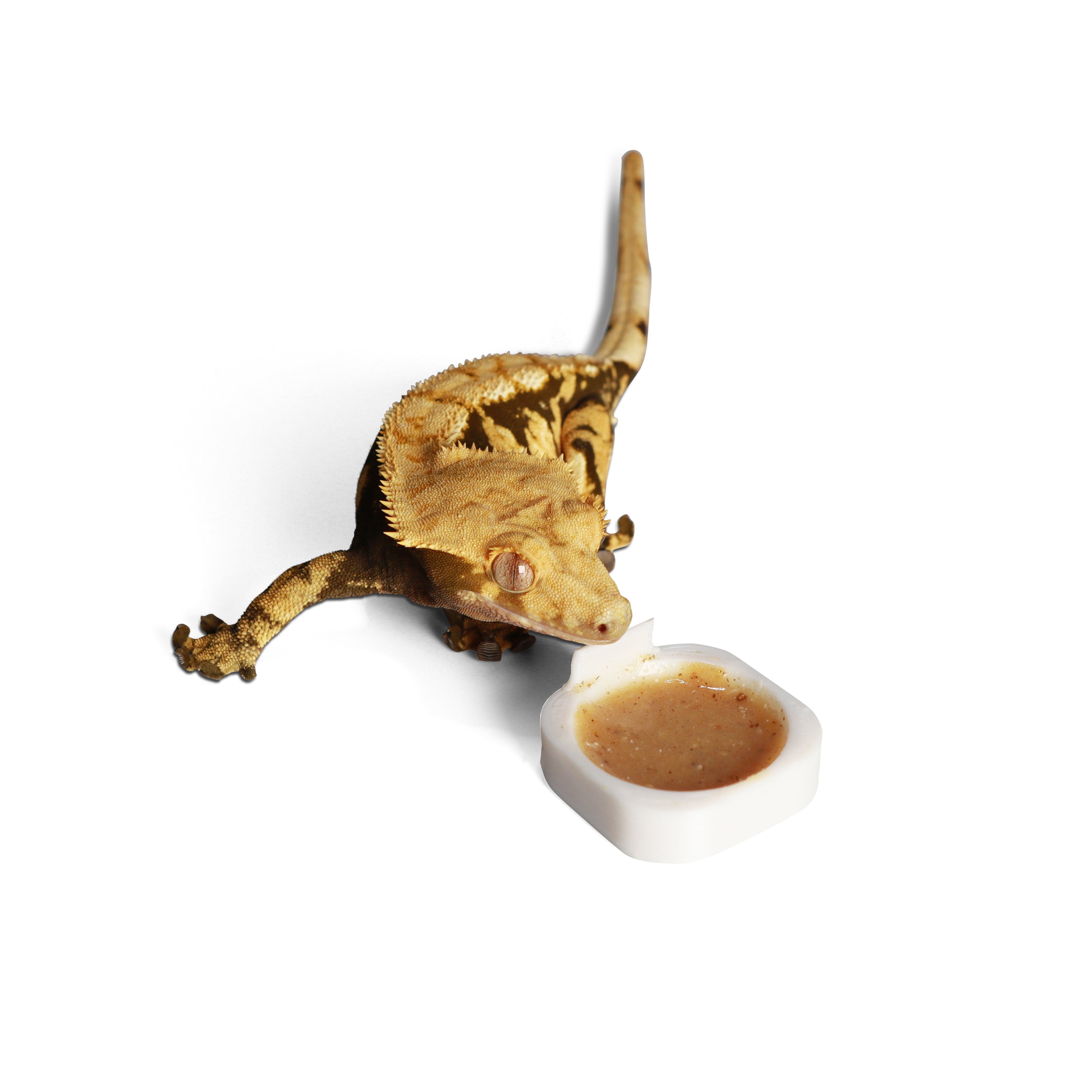
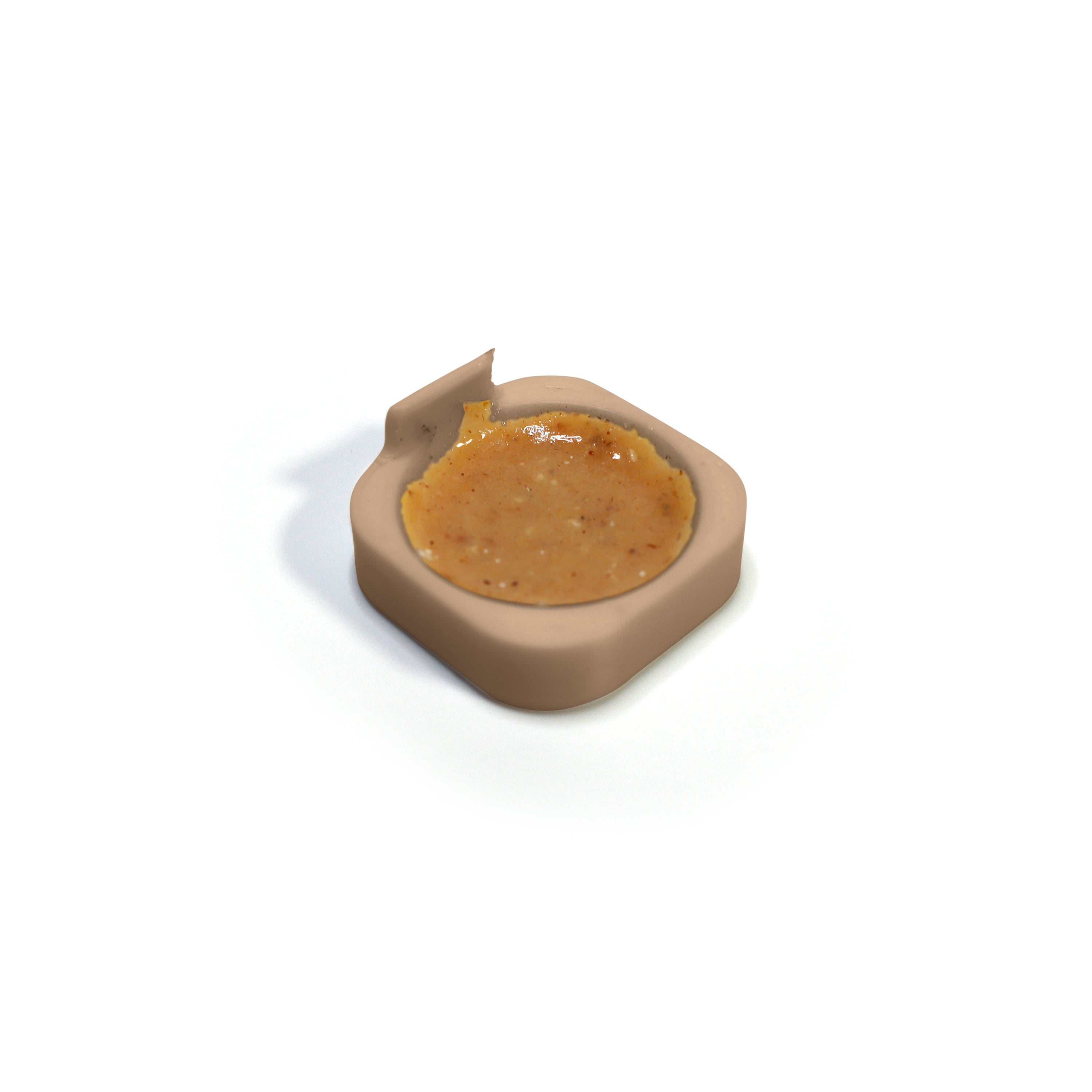
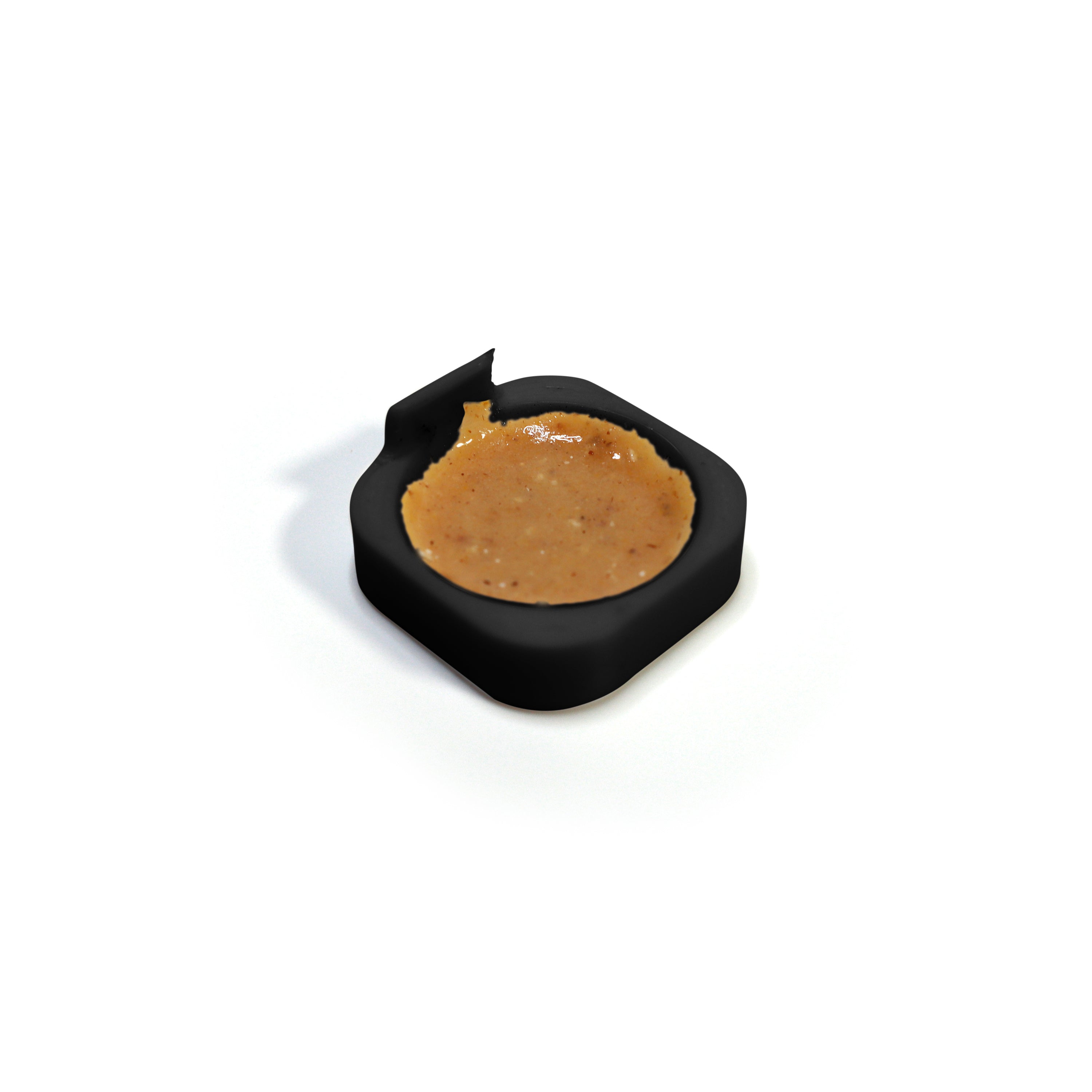


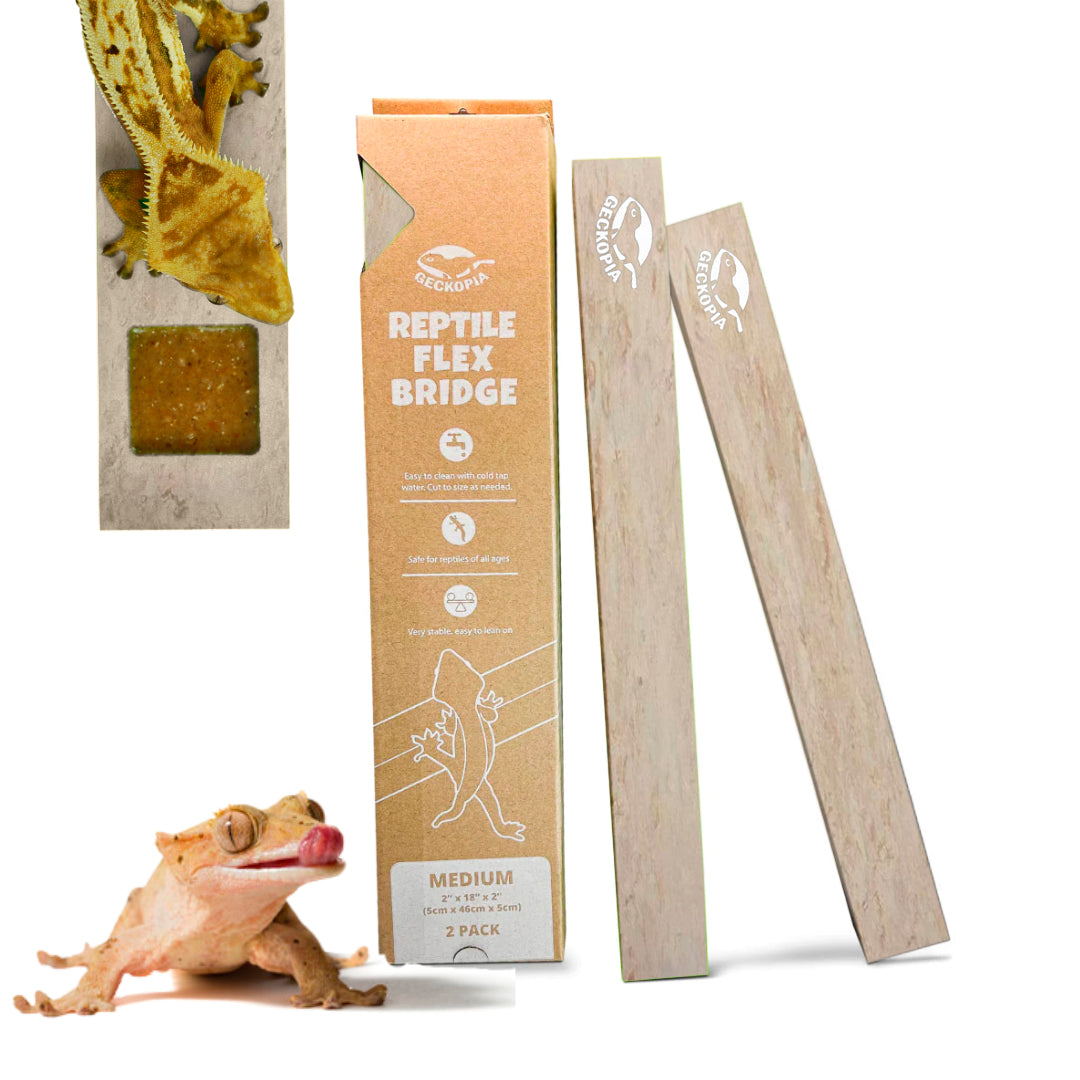






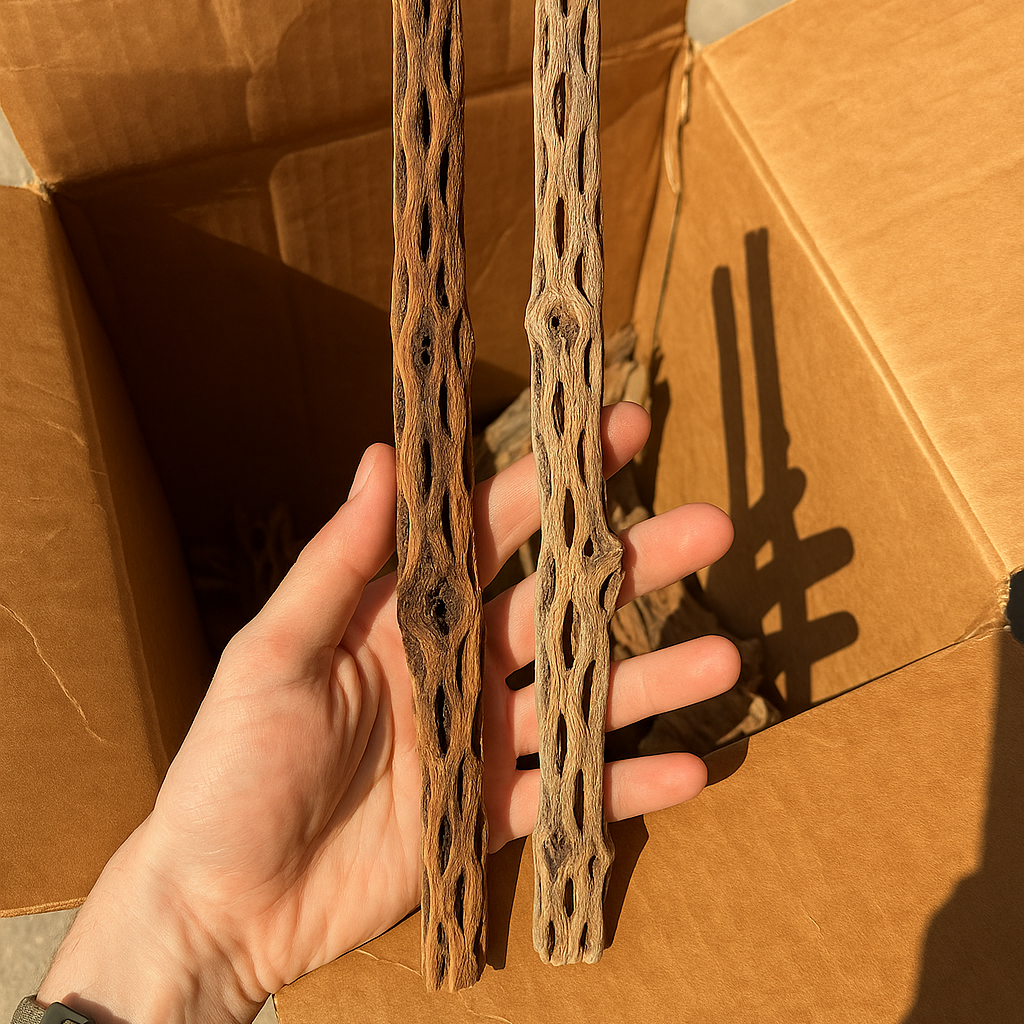
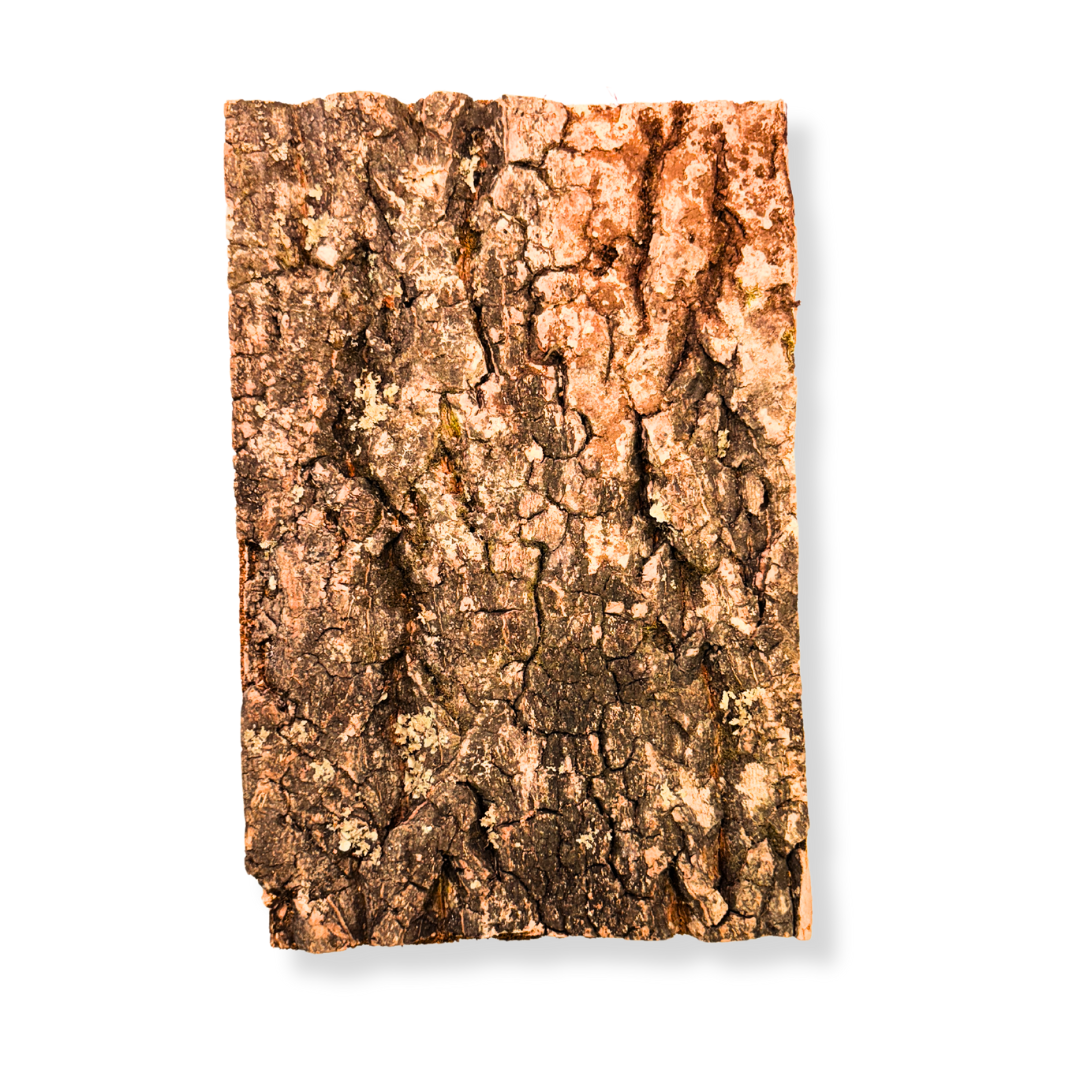




401 comments
xRkVFZQnHNBhEwG
BvxqCmORhPcVtMZy
gMWUNqeFrxtijCn
mUVCSWnIJcAYqLeu
JtpVhsjxrWPzZi
Leave a comment